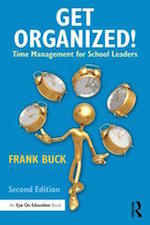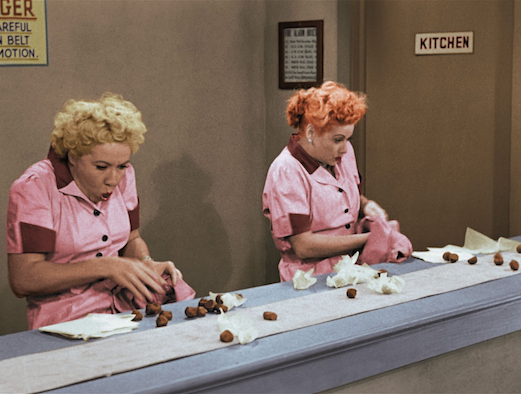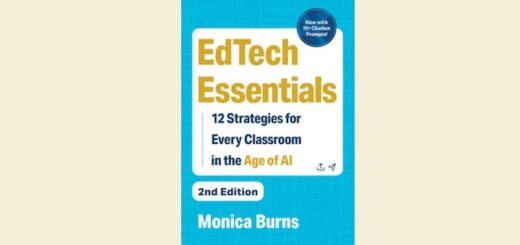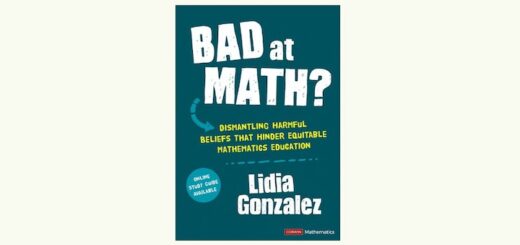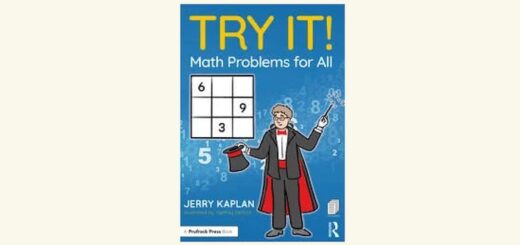3 Organizing Tips for a Great School Year

Sometime in August or early September, depending on where you live, buses will roll, bells will ring, and the first day of a new school will begin. When the day ends, the universal question posed to every teacher is always the same: “How did your first day go?”
For most teachers the answer is, “Great!” A good beginning should come as no surprise. Countless hours of planning go into that first day. The desk is free of ungraded papers. Books are neatly arranged. Instructions are carefully posted. That first day is scripted, and success is all but assured.
Can we sustain that success for nine months? Three procedures can help spell the difference between order and chaos, calm and stress, or the feeling of being in control versus the feeling of being overwhelmed.
Decide how you will communicate
Good teachers know that communication on the front end cuts down on phone calls, emails, and conference requests from confused and upset parents. Some of the options include:
- Paper newsletter
- Blog or website
- Facebook page
- Remind or other text messaging
- Automated phone call
With so many options, it’s tempting to do a little of everything. The unintended result is that parents and students become confused as to where to look. The more reminders the teacher issues, the more reminders others come to expect, and the less they tend to pay attention to information the first time it arrives. “If it’s important, the teacher will tell us a few more times,” the parent thinks.

My personal favorite is a blog. Every message you communicate will be neatly archived in reverse chronological order for easy review. Any posts can include links, photos, and video. By adding a simple email signup in the sidebar, parents can elect to have every new post come to their email inboxes. Using free sites (like Blogger) or low-cost services with more features (like EduBlogs Pro) you can quickly create a blog and grant rights to the other teachers on the academic team to also add posts to the blog.
As parents and students become acquainted with your vehicle for communication, they will look for it, refer back to it, and trust that what they need to know will be in that one place.
Decide how you will document
While every teacher and administrator preparation program instructs its candidates on the importance of documentation, few provide a good system for doing so. In truth, most documentation will never be referenced again. We get busy, and letting go of taking notes during phone calls, conferences, or IEP meetings seems like a way to reclaim some time.
Which one of those phone calls, seemingly meaningless at the time, will result in a phone call from the superintendent three weeks later? When that day comes, you will wish you had taken notes during that call and could put your hands on them now.

The great thing is that when that phone call, conference, or meeting is over, the documentation is over. You close the book and have nothing to file. Later in the day, review what you wrote and ask yourself, “What do I need to do about what I wrote?” The answer to that question becomes to-dos for your task list.
Three weeks from now when Mr. Smith complains to the superintendent that he can’t get you to return his phone calls, you flip in your journal and read off the date and time of the call, what was discussed, and what actions you decided to take as a result of that call. When you have that kind of documentation, few people will argue, because few people have the system you will have.

Decide how you will delegate
No teacher or principal can do it all. Savvy primary teachers understand this concept:

What are the daily and weekly tasks that happen in your classroom? Think about the tasks which must be performed to start the day, end the day, or begin and end each class period. Identifying and delegating these tasks to students offers several advantages:
- Each task delegated represents one less task the teacher must perform.
- When students are busy handling their delegated jobs and the teacher observes, far less mischief happens than when the teacher is doing the jobs and the students are observing.
- Delegation gives students a stake in the program. If we want to develop responsible students, we have to give them some responsibilities. For some, their classroom jobs may be the only responsibilities they have to a group.
- Instructional time is saved.

As one example, Clark explained the steps involved in setting up the overhead projector (closing the blinds, turning off the lights, closing the door, pulling down the screen, wheeling the projector into place, and plugging it into the wall).
Because each step was delegated to a particular student, Clark could simply say, “Let me show you that on the overhead projector” and the whole process was set in motion. Before Clark could pick up the pen, the process was complete.
The students took pride in their efficient performance and amazed other classes as they quickly made transitions. Little did they know how much instructional time they saved over the course of a year.
A great first day is a start, but it’s only a start
We all remember the episode of I Love Lucy where Lucy and Ethel are at the candy factory with the job of wrapping pieces of chocolate as they pass on the conveyer belt. The first few pieces are easy, but the situation changes. The teacher who feels the stress beginning to mount before the end of September understands the feeling.
Soon, the buses will roll and the bells will ring, and the first day of school will go well again. Good systems help everything run smoothly, and you still have time to hone yours. Communicate, document, delegate, and watch the stress go down while your performance go up.
